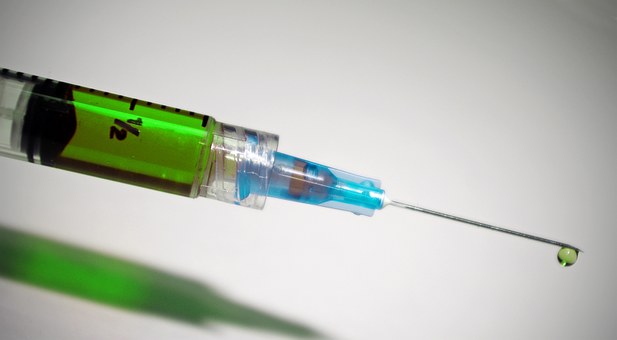Prevention is the best medicine. A famous saying and while true, ignoring the facts or not knowing them can result in suffering from and spreading diseases. Recently, whooping cough, also known as pertussis, has found its way back into the news and the communities. It is affecting the lungs and an individual’s ability to breathe.
Its strange name comes from the sound made while taking breaths between the violent coughing in those who suffer from it.
What is Pertussis?
Pertussis, or whooping cough, is a highly infectious respiratory tract infection that is caused by the toxins of the bacterium “Bordetella pertussis”. In the beginning, it seems like an ordinary cold but eventually becomes more severe, especially in infants. Whooping cough is most contagious before the coughing starts.

Symptoms of whooping cough
Symptoms start with a common cold, congestion or a runny nose. After some weeks, serious cough starts. Violent and rapid coughing over and over expels air from their lungs and forces strong inhalation that makes the loud “whooping” sound.
Vaccinations
Whooping cough is worse for children who may develop pneumonia or may need hospitalization. One of the best ways to prevent this illness is through vaccines. The two major vaccines are DTaP, TDaP, and Pertussis Vaccine in NJ.
Pertussis infection rates rise every three to five years. Following widespread use of the pertussis vaccine in NJ, the incidence of pertussis decreased by more than 80%. Nevertheless, since the 1980s, incidence has increased in some parts because of disappearing immunity from childhood vaccinations. Adults and adolescents vaccinated in childhood can develop a milder illness, which can be easily spread or overlooked. Infection transmitted to unvaccinated or incompletely vaccinated infants younger than 12 months can lead to serious complications or even death. The CDC has updated pertussis vaccination suggestions since the last peak in 2010 as follows:
DTaP is recommended for children at:
- 2 months of age
- 4 months of age
- 6 months of age
- 15-18 months of age
- 4-6 years of age
Tdap is recommended as a single dose for:
- Children aged 7-10 years not fully vaccinated with DTaP
- All children 11-18 years of age
- Unvaccinated adults 19 years of age and older including
- Adults 19-64 years of age
- Adults 65 years of age and older
- Pregnant women
- Health care workers
These are some of the facts you ought to keep in mind regarding pertussis vaccines in NJ.
